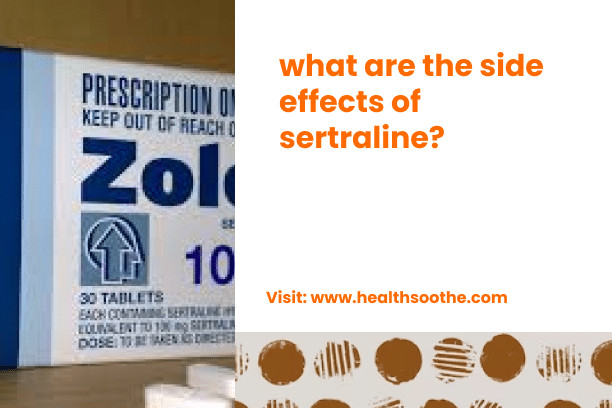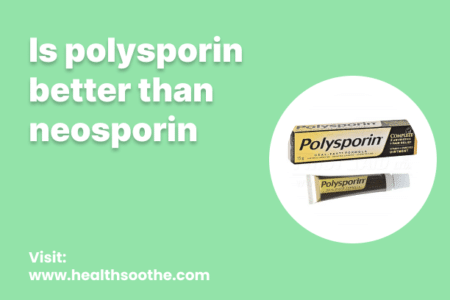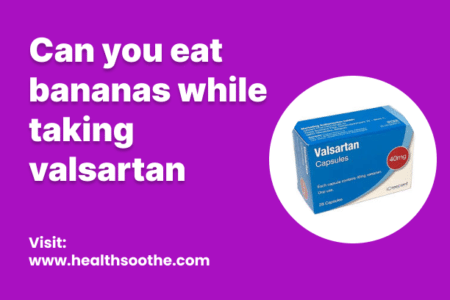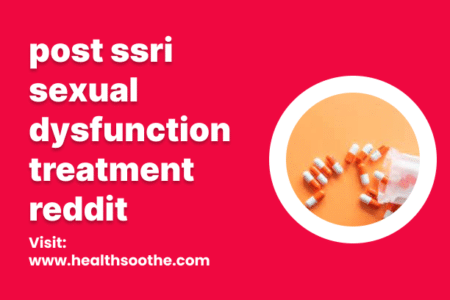Sertraline (commonly known as Zoloft) is classified as a selective serotonin reuptake inhibitor (SSRI), a type of antidepressant medication. It is effective in managing various mental health conditions, including depression.
Zoloft, the brand name for sertraline, is available in both branded and generic forms and can be obtained at most pharmacies.
Healthcare professionals have a range of over 30 medications at their disposal to address depression and enhance the quality of life for individuals. Zoloft, alongside its generic counterparts, is among the options prescribed for this purpose and is readily accessible at pharmacies.
How does it work?
Sertraline operates on the same mechanism as other SSRIs, functioning by augmenting the availability of serotonin within the brain.
Serotonin, a neurotransmitter or chemical messenger, plays a crucial role in regulating various aspects of daily life such as mood, sleep, rewards, learning, and memory.
Research has established a correlation between depression and decreased serotonin levels.
By elevating serotonin levels in the brain, sertraline helps rectify chemical imbalances, leading to an enhancement in overall mood.
Other SSRIs include:
- Escitalopram (Lexapro)
- Citalopram (Celexa)
- Fluvoxamine (Luvox, Luvox CR)
- Fluoxetine (Prozac, Sarafem, Symbyax)
- Paroxetine (Paxil, Paxil CR, Pexeva)
- Vilazodone (Viibryd)
Uses
The Food and Drug Administration (FDA) recognizes sertraline as a treatment option for depression, anxiety, and various mood disorders.
While primarily indicated for depression, sertraline is also prescribed by healthcare providers to address a range of other conditions, including:
- Obsessive-compulsive disorder (OCD)
- Panic disorder
- Social anxiety disorder
- Post-traumatic stress disorder (PTSD)
- Premenstrual dysphoric disorder (PMDD), to alleviate symptoms such as bloating, mood swings, irritability, and breast tenderness
In certain cases, a doctor may also recommend sertraline for managing sexual dysfunction or headaches. Individuals seeking information on the diverse applications of sertraline should consult with a healthcare professional.
read also: M367 Pills: Unraveling the Facts on Hydrocodone- …
Pros and Cons of sertraline
Pros of Sertraline:
- Effective Treatment
- Well-Tolerated
- Wide Availability
- Flexible Dosage Forms
Cons of Sertraline:
- Side Effects
- Initial Worsening of Symptoms
- Risk of Serotonin Syndrome
- Withdrawal Symptoms
Differences Between sertraline and gatorade
Sertraline
Sertraline works by increasing the levels of serotonin, a neurotransmitter, in the brain, which helps alleviate symptoms of depression and anxiety.
Gatorade
Gatorade helps prevent dehydration, maintain fluid balance, and replenish electrolytes, particularly sodium and potassium, to support optimal performance during exercise.
Alternative to sertraline
Serotonin-Norepinephrine Reuptake Inhibitors (SNRIs):
- Venlafaxine (Effexor)
- Duloxetine (Cymbalta)
- Desvenlafaxine (Pristiq)
- Levomilnacipran (Fetzima)
How to take sertraline
Sertraline is offered in two forms: oral tablets and liquid solutions.
Generally, individuals take a single dose once a day, either in the morning or evening. Those using it for premenstrual dysphoric disorder may take it daily or selectively during certain days of the month.
The National Alliance on Mental Illness outlines the available doses of sertraline:
- Tablets: 25 mg, 50 mg, and 100 mg
- Liquid: 20 milligrams per milliliter
Users of sertraline should adhere to these basic guidelines:
- Maintain a consistent daily schedule for administration.
- It can be taken with or without food.
- Adhere strictly to the instructions provided on the prescription label and those given by the doctor.
- If a dose is missed, take it as soon as remembered, but avoid doubling the dose the following day.
- Only consume the amount prescribed by the healthcare provider.
For those using the liquid form, it should be mixed with a beverage. As per the National Library of Medicine, dilute 4 ounces (half a cup) of the medication with one of the following options and consume immediately:
- Water
- Lemon soda
- Orange juice
- Lemonade
- Ginger ale
However, the appropriate dosage varies depending on factors such as age and weight. Typically, healthcare providers start with a low dose and incrementally adjust it, not more frequently than once per week. It may take several weeks before the effects of sertraline are noticeable.
Individuals should not discontinue the medication without consulting a doctor, even if they feel improvement. Stopping abruptly could lead to symptom recurrence, indicating the drug’s effectiveness.
Mild side effects
Individuals may experience varying side effects from sertraline, and it’s essential to discuss any severe or persistent side effects with a healthcare provider.
Common side effects associated with sertraline may include:
- Nausea
- Diarrhea
- Headache
- Dry mouth
- Sweating
- Nervousness
- Restlessness
- Fatigue
- Difficulty sleeping
- Sexual dysfunction
Typically, these side effects diminish within the initial week or two of treatment. However, sexual dysfunction may persist over time and may not alleviate with continued use.
Severe side effects
According to the package insert for Zoloft, as well as other antidepressants, there is a heightened risk of suicidal thoughts or behaviors in individuals aged 24 years or younger.
It is crucial to remain vigilant for any sudden or new changes in mood, behavior, thoughts, or feelings, and promptly discuss these changes with a healthcare provider.
Other severe side effects associated with sertraline may include:
- Serotonin syndrome
- Low levels of sodium
- Eye issues like angle-closure glaucoma
- Increased risk of bleeding, particularly when used concurrently with blood thinners or nonsteroidal anti-inflammatory drugs
In children, sertraline usage may lead to weight loss and decreased appetite. Pediatricians typically monitor their weight closely during treatment.
Warnings
Sertraline carries a cautionary warning for children, teenagers, and individuals under the age of 24, indicating a potential increase in suicidal thoughts or actions.
Parents and caregivers should inform doctors about any family history of suicide and remain vigilant for possible signs of suicidal ideation or behavior.
Adults may also experience suicidal thoughts within the initial month or two of starting sertraline treatment or when the dosage is adjusted by the doctor.
It’s essential to watch out for signs such as:
- Agitation
- Irritability
- Impulsive actions
- Sleep disturbances
- Heightened anxiety or depression
- Aggressive behavior
- Extreme restlessness or excitement
- Excessive worry
- Panic attacks
- Self-harming thoughts or behaviors
- Suicidal ideation or attempts
Moreover, close attention should be paid to any side effects, and individuals should promptly consult a doctor if they are severe or persistent.
Sertraline use may lead to positive results on certain drug tests. Individuals should seek advice from a healthcare professional before undergoing drug testing.
During the initial period of sertraline treatment, caution should be exercised when operating heavy machinery or driving immediately after taking a dose until the body’s reaction becomes evident. Some individuals may continue to experience dizziness, fatigue, or other effects impairing judgment even after dosing.
Consumption of alcohol should be avoided while taking sertraline.
Drug interactions
Certain medications have the potential to interact with sertraline, which can lead to unwanted side effects or alterations in the intended potency of medications.
It is important to avoid taking monoamine oxidase inhibitors (MAOIs), another class of antidepressants, concurrently with sertraline or within 2 weeks after discontinuing sertraline.
Combining sertraline with other medications that impact serotonin levels can heighten the risk of serotonin syndrome, characterized by symptoms such as agitation and impaired muscle coordination. Examples of medications affecting serotonin include:
- Triptans, commonly used for migraines
- Some other antidepressants
- Certain pain medications like tramadol
- The antibiotic linezolid
Pimozide, an antipsychotic used to manage Tourette’s syndrome, should not be taken alongside sertraline.
Additionally, caution is advised when using medications like ibuprofen, warfarin, and aspirin in conjunction with sertraline, as it can increase the risk of bleeding associated with these drugs.
Conclusion
While sertraline serves as an effective treatment for various mental health conditions, it’s crucial to be aware of its potential side effects. These include common symptoms like nausea, diarrhea, and headache, as well as more severe effects such as serotonin syndrome and low sodium levels.
Additionally, individuals should remain vigilant for signs of suicidal thoughts, particularly in children, teenagers, and young adults under the age of 24. Careful monitoring and open communication with healthcare providers are essential to mitigate risks and ensure the safe and effective use of sertraline.
How useful was this post?
Click on a star to rate it!
Average rating 0 / 5. Vote count: 0
No votes so far! Be the first to rate this post.
We are sorry that this post was not useful for you!
Let us improve this post!
Tell us how we can improve this post?





